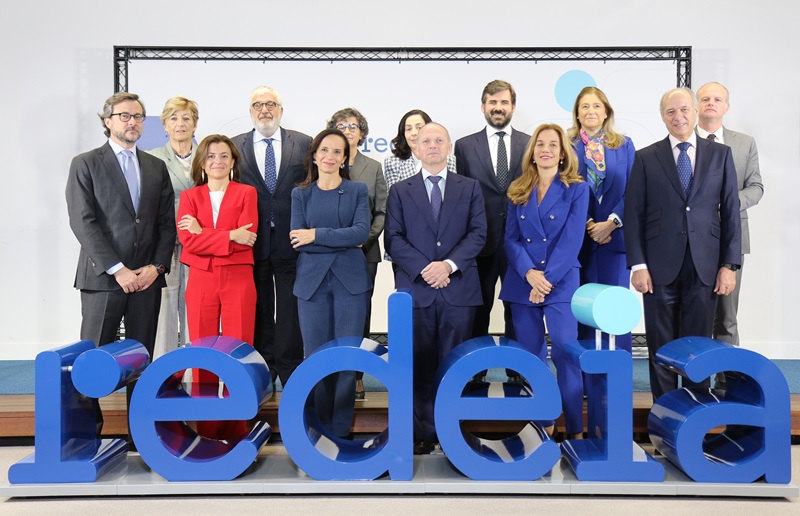We are a global operator of essential infrastructure
At the meeting, the top leaders of the thirteen operators, who together deal with more 60% of the electricity demand in the world and provide electricity to 3 billion consumers, debated the increasing importance of this type of energy in the present society, especially in the emerging powers, and the necessity to not only implement increasingly more intelligent management systems, but also coordinated and interconnected with neighbouring systems.
The sustainability and security of supply, both basic pillars on which the supply of electricity is supported, were the main theme of all the debates. The change of the electricity model, from technologies which are manageable and are capable of generating electricity following the directives of the operator, to other technologies whose operation depends on climate conditions, demands new responses on behalf of the operators. The variability requires a grid which is more and more interconnected and meshed and able to support, without putting the supply at risk, variations in the origin and destination of flows dependent on the climate.
The Electricity GO-13 members have shown that they are willing to accept the investment challenges required by the new model, which demands more electricity highways and more grids with greater capacity. The system, which has been able to satisfy the demands of the past, must prepare itself for a future which will be very different, as it is already proving to be. In addition, this new grid must be smarter in order to swiftly respond to the variability and the low predictability of renewable sources and to manage a much more dispersed generation.
Electricity is the most sustainable power vector, since it is the means by which we integrate into the system renewable energies as well as carbon-free conventional energy. Its flexibility, cleanliness at the point of consumption and its relevance for a knowledge-based society and of communication technologies make it a key factor for the development of the society of the future, a society which will depend on electricity.
In the meeting held in Madrid over the last few days, the need was also made clear to develop new management tools such as technological developments to increase the capacity and the security of the existing grids, risk prevention for the electricity systems resulting from cyber terrorism and storage systems. Along this line, the members of the GO-13 undertook the commitment to boost research into new forms of storing energy, as well as to harness already well-known ones, such as pumped storage. All these conditions are basic elements for the future enjoyment of a sustainable and secure electricity system.
The operators also expressed their common position regarding the electric vehicle, whose use will allow a greater efficiency of the electricity system, a greater integration of renewable energies, a reduction in greenhouse gases and a reduction in the dependency on external energy. In order to obtain these benefits the vehicles have to be able to carry out intelligent recharging, that is to say, charging which takes into account the management of time and power by means of determined rules, direct control of the charge and price indicators.
Currently, VLPGO consists of thirteen members, from twelve countries: KPX (South Korea), MISO (United States), National Grid UK (United Kingdom), ONS (Brazil), PJM (United States), Power Grid of India (India), RTE (France), SGCC (China), SO UPS (Russia), TEPCO (Japan), Terna (Italy), ESKOM (South Africa) and Red Eléctrica de España (Spain).














